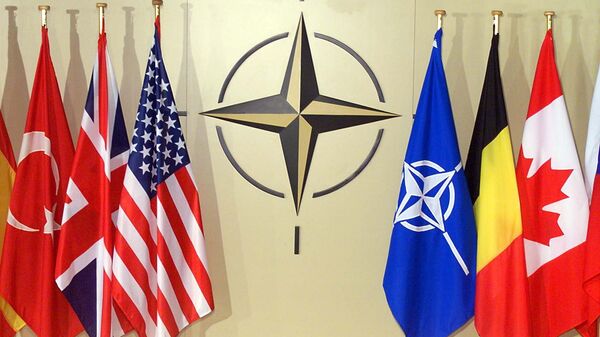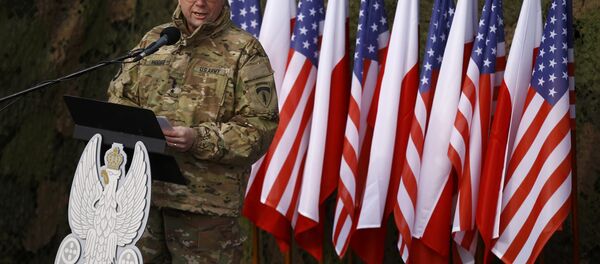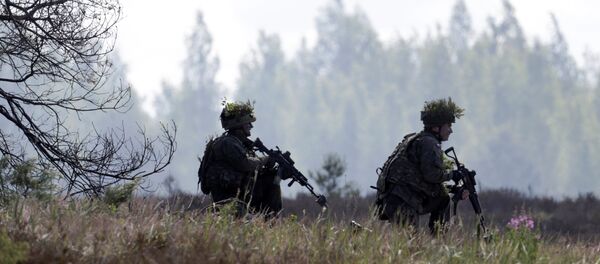Fernando Almeida said that since the 1991 Soviet breakup, NATO, a vestige of the Cold War, has been used by the West as a means of preventing Russia’s reemergence as a global power.
“No one needs NATO these days,” he told Sputnik Brazil, adding that people born after 1991 have a very dim idea what the Cold War was all about.
“NATO is an anachronism and is being used as an instrument of US influence. The older generations were traumatized by their memories of WWII and the Cold War, hence the marked generation gap revealed by this poll,” he added.
He agreed with US President Donald Trump in that the US is paying too much to keep NATO going and added that with France and Britain having their own nuclear arsenals, Europe has no need for NATO’s protection.
“In 2015 the US said it needed to contain certain “revisionist” countries like Russia (NATO’s prime target), China, Iran and North Korea. Trump now hints that he will not seek a confrontation with Russia and, instead, is expecting frictions with China over economic issues.”
“And what kind of a challenge is NATO going to face now? There is no risk of anyone attacking Europe, but we could expect retaliatory strikes by [Islamist] fundamentalists. Trump has given his generals a month to come up with an action plan to flush out Daesh.”
He warned that even though the terrorists might find it hard to hit the US proper, chances of such attacks happening in Europe looked pretty high.
Antônio Gelis, an expert on EU affairs and geopolitics at Getúlio Vargas Foundation in San Paulo, said that the EU has everything it needs to defend itself without any help from the US and NATO.
He described the much talked about idea of a single European army as highly improbable though.
“Judging from what we see, the EU finds it very hard making concerted decisions. The creation of a genuine European armed force, not just a German-French military ‘team’ with just a sprinkling of contingents from the other EU members, would require a degree of institutional efficiency one can hardly expect from Brussels.”
Antônio Gelis named terrorism as the biggest threat to EU security.
“Fighting terrorism is more about being able to think strategically and taking well-balanced political decisions, than having military potential, whether conventional or nuclear. No matter what some European politicians say, I don’t see Russia as a threat to the European Union,” Professor Gelis emphasized.
Never miss a story again — sign up to our Telegram channel and we'll keep you up to speed!




